Cleanliness and sustainability are becoming increasingly important globally, with countries striving to implement better environmental practices. The Environmental Performance Index (EPI) 2024 offers insights into how well nations are performing in various environmental categories such as air quality, water resources, waste management, and more. Let’s explore the top 12 cleanest countries based on their EPI scores, showcasing their dedication to preserving the planet and leading the way in eco-friendly living.
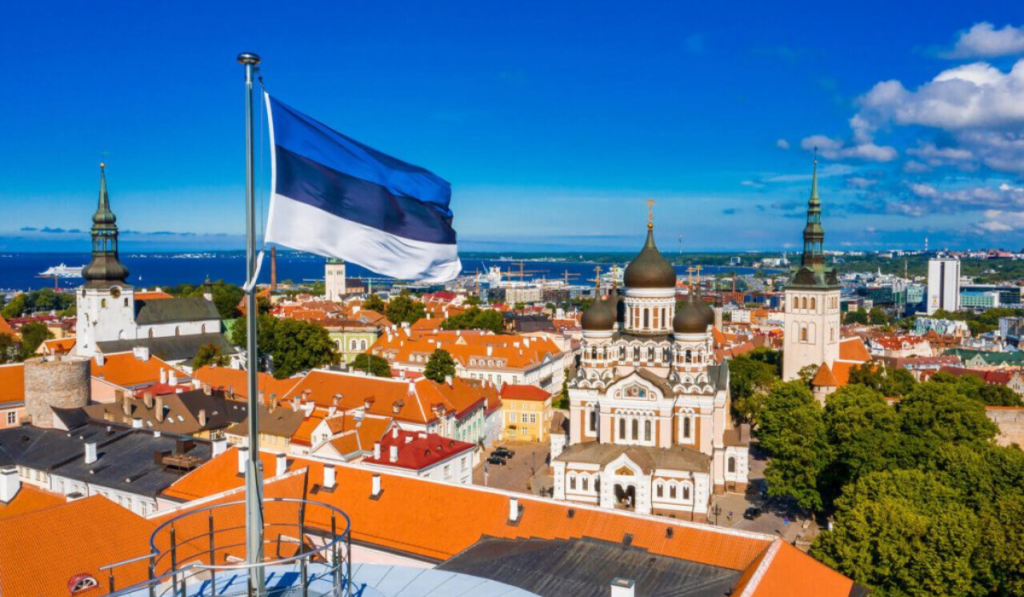
1. Estonia: Leading the Charge with Smart Environmental Practices (EPI: 75.3)
Estonia, ranked first among these countries, excels in technology-driven environmental management. With an impressive EPI score of 75.3, Estonia has incorporated smart solutions into waste management, energy conservation, and air quality monitoring. The country has also made significant progress in renewable energy, particularly in wind and solar power. Estonian cities like Tallinn are known for their effective recycling systems and green urban spaces.

Read also: Most dangerous cities in the us
2. Luxembourg: A Small Country with Big Environmental Goals (EPI: 75)
With a near-perfect score of 75, Luxembourg sets a high bar for air quality (94.3) and water quality (93.2). Despite its small size, Luxembourg has heavily invested in sustainable urban development and green energy initiatives. The country’s eco-friendly infrastructure and commitment to reducing carbon emissions place it as one of the top leaders in environmental health.
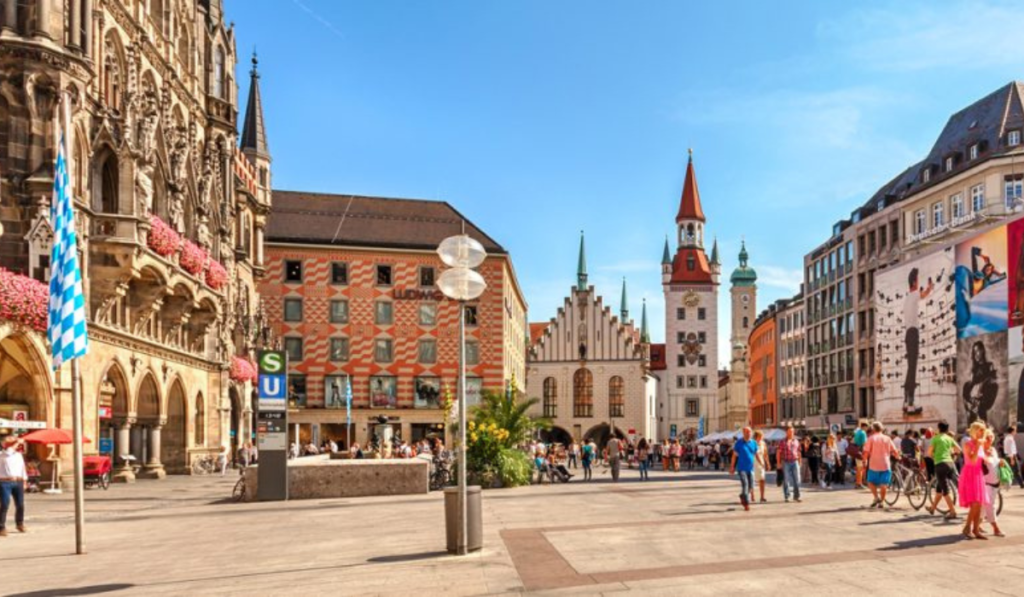
3. Germany: A Global Leader in Clean Energy (EPI: 74.6)
Germany, with a solid EPI score of 74.6, is widely recognized for its green energy revolution the Energiewende. The country’s efforts to transition to renewable energy have helped reduce its carbon footprint significantly. Additionally, Germany excels in waste management, air quality, and water conservation, ensuring a cleaner and healthier environment for its residents.
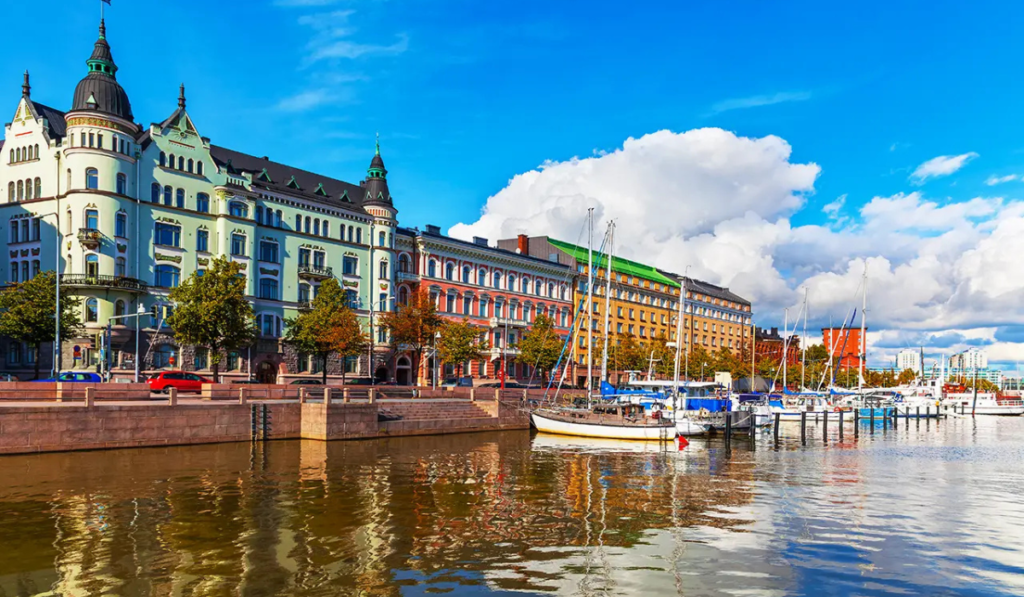
4. Finland: Natural Beauty Meets Sustainability (EPI: 73.7)
Finland, with an EPI score of 73.7, offers a unique combination of environmental health and natural beauty. The country’s vast forests, lakes, and clean air are a testament to its strong environmental policies. Finland’s focus on sustainable living is reflected in its high water quality score (95.2) and emphasis on renewable energy. Finland is also a leader in eco-friendly urban development and waste management.
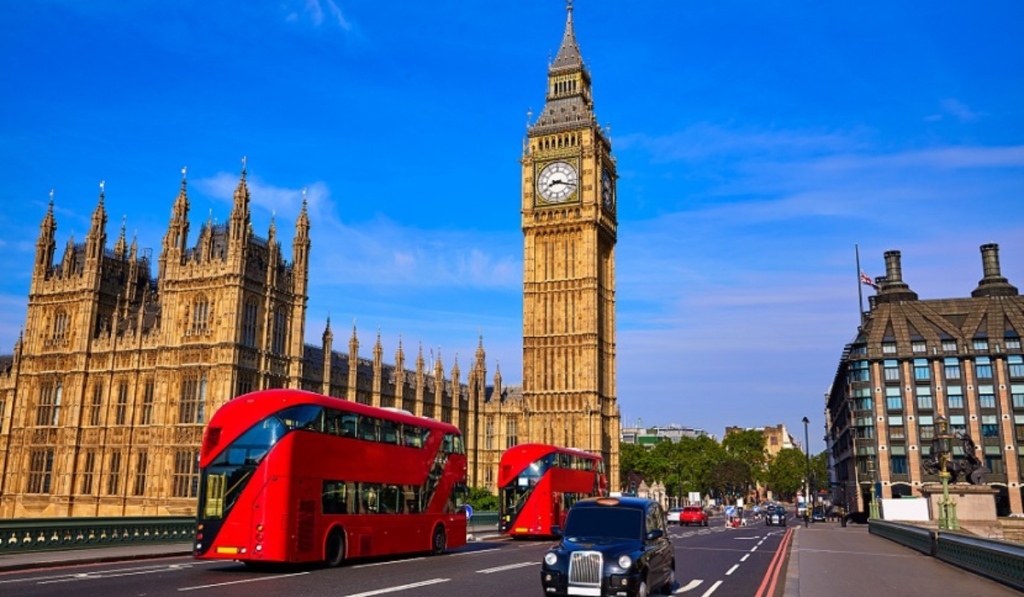
5. United Kingdom: Committed to Green Policies (EPI: 72.7)
The UK has an EPI score of 72.7, ranking it high for air quality (92.0) and waste management (77.7). The country is known for its robust environmental regulations and green initiatives, including investments in clean energy and efforts to reduce carbon emissions. The UK’s commitment to maintaining clean rivers and lakes also contributes to its impressive environmental ranking.
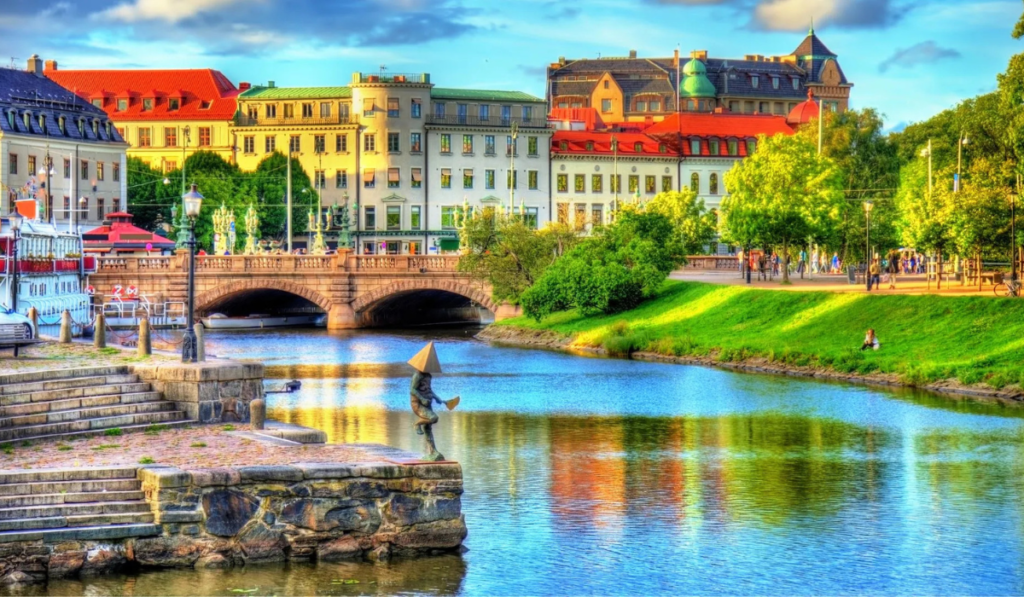
6. Sweden: A Sustainability Pioneer (EPI: 70.5)
Sweden, with an EPI score of 70.5, has long been a champion of sustainable living. The country leads the world in recycling, with its waste-to-energy systems converting much of the country’s waste into power. Sweden’s commitment to clean energy, particularly in wind and solar, and its high air quality score (90.6) have helped it maintain its position as one of the cleanest countries in the world.
7. Norway: Harnessing Nature for Clean Energy (EPI: 70)
Norway, scoring 70 on the EPI, is recognized for its hydropower initiatives, making it one of the leading clean energy producers globally. The country boasts exceptional air quality (90.9) and water quality (97.6), largely due to its commitment to sustainability and green technologies. Norway’s efforts to reduce carbon emissions and maintain biodiversity make it an environmental leader.
8. Austria: Green Policies in Action (EPI: 69)
Austria has an EPI score of 69, with strong performances in air quality (92.9) and waste management (66.5). The country has taken steps to reduce pollution and focus on renewable energy sources. Austria is also a leader in water management, ensuring the cleanliness of its rivers and lakes through robust conservation programs.
9. Switzerland: A Model of Clean Living (EPI: 68)
Switzerland, with an EPI score of 68, is often cited as a model of sustainability and clean living. The country excels in water quality (98) and air quality (92.5), making it one of the cleanest countries in the world. Switzerland’s dedication to renewable energy, waste management, and recycling further elevates its environmental status.
10. Denmark: Leading the Way in Renewable Energy (EPI: 67.9)
Denmark, with an EPI score of 67.9, is recognized as a leader in renewable energy, especially wind power. The country has integrated sustainability into every aspect of its society, from eco-friendly urban development to clean transportation systems. Denmark’s air quality (90.3) and high recycling rates reflect its commitment to preserving the environment.
11. Greece: Taking Steps Toward Sustainability (EPI: 67.4)
Greece, with an EPI score of 67.4, is making steady progress toward more sustainable living practices. While the country’s water quality (92) remains high, there is still room for improvement in energy usage and waste management. Greece is working toward a more sustainable energy future, investing in solar power and improving its environmental policies.
12. Netherlands: Leading in Waste Reduction and Green Tech (EPI: 67.2)
The Netherlands, with an EPI score of 67.2, stands out for its efficiency in waste management and water conservation. The country has made significant strides in green technologies, such as sustainable agriculture and renewable energy. The Netherlands also places a strong emphasis on reducing its carbon footprint, earning it a spot as one of the world’s cleanest countries.
A Global Commitment to Cleanliness and Sustainability
These 12 countries, each with their own set of strengths, demonstrate a global commitment to creating cleaner, greener, and more sustainable environments. Whether through technological innovation, renewable energy investments, or waste management, these nations serve as role models for others to follow. As the world continues to focus on environmental health, the examples set by these top performers can inspire and guide future efforts in sustainability.














Discussion about this post